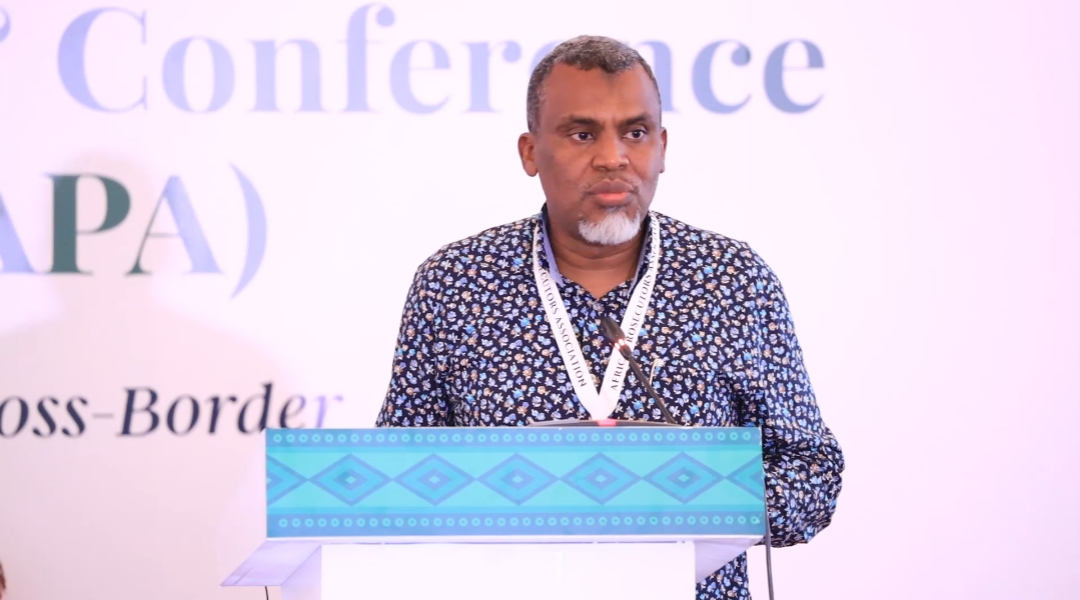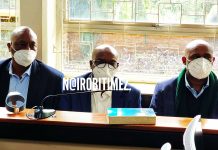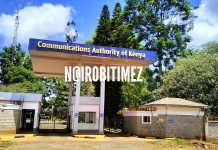
BY SAM ALFAN.
Prosecutors from across Africa have resolved to engage with international and regional bodies that are aimed at facilitating the confiscation and repatriation of criminal assets across borders.
In what they termed as Mombasa Declaration, the prosecutors also agreed to encourage member countries to develop and implement robust asset recovery mechanisms that uses both conviction and non-conviction based measures.
The declaration was made during the 16th Annual General Meeting and conference of the Africa Prosecutors Association (APA), which was held in Mombasa, Kenya.
The prosecutors further resolved to encourage member countries to adopt and ratify relevant regional, continental and international conventions and other instruments that may aid international cooperation in the investigation and prosecution of transnational crimes.
It was also agreed that member countries will develop, promote and improve technological initiatives to facilitate investigation, prosecution and adjudication of organised transnational crimes.
It is the prosecutors plan to lobby their countries to develop laws and related mechanisms to deal with illicit financial flows, through sharing best practices regionally and internationally.
They agreed to co-operate to address the growing threat of terrorism, including terrorist financing and violent extremism that are posing and increasing threat in several African countries and enhance formal and informal cooperation between member states.
They will also recognise that in addition to climate change, environmental crime such illegal logging, illicit mining, wildlife poaching, and trafficking are used by organised criminals as part of transnational crimes, thereby making it necessary for member countries to strive to actively combat this growing criminal phenomenon.
The prosecutors recommended member countries to establish and strengthen existing witness protection agencies and mechanisms, including enacting witness protection legislation to promote regional cooperation and coordination.
They will recognise and accept the request of the following 14 countries; Burkina Faso, Benin, Cameroon, Gambia, Mauritania, Mali, Republic of Congo and Guinea Bissau.
Other countries accepted to join APA are Somalia, Sudan, Central Africa Republic, Madagascar, Sierra Leone, and Niger.
APA recognized organized criminal enterprises continue to establish networks across Africa and the globe by exploiting the rapid advancements in technology that transcends our borders.
They added that hese organized criminal groups engage in the commission of various transnational organized crimes often go undetected.
“These include the proliferation of illicit financial flows, terrorism and violent extremism, maritime crime, cybercrime and environmental crimes among others.
In responding to these threats, APA recognises the need to develop mechanisms aimed at tackling transnational organised crime,” they said.
Director of Public Prosecution Noordin Haji urged the prosecutors to unite and contribute to APA to enable it fund itself without depending on outside sources for financial assistance.
Haji added that Africa has not been responding to mutual legal assistance.
He said that organized criminal groups have become sophisticated and are facilitated by technology and thus needs prosecutors to develop mechanism to counter transnational organized crime.
While closing the five-day conference, Speaker of the National Assembly Moses Wetang’ula said that crime has mutated in Africa and urged the prosecutors should be ahead of them and bring them to book.






